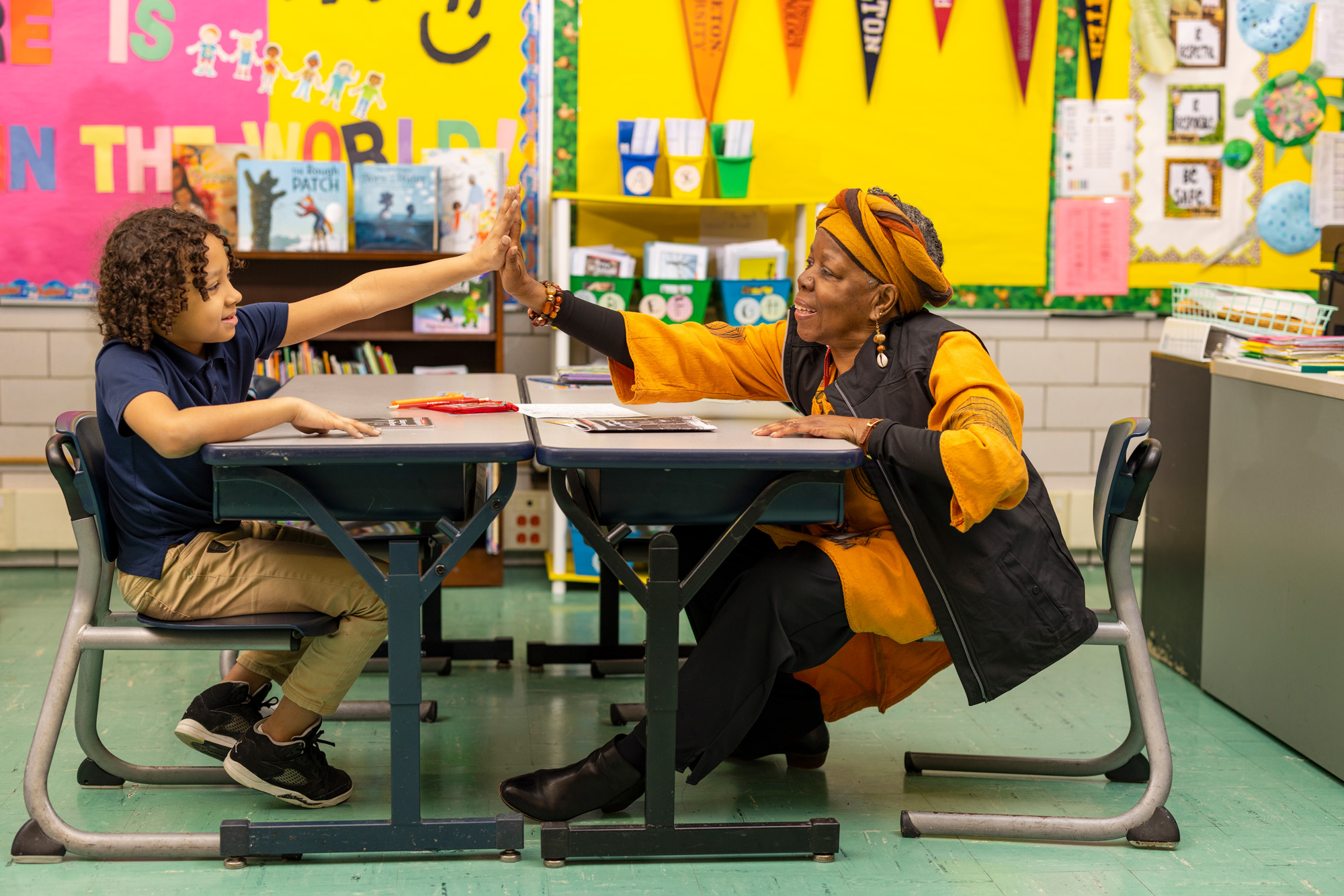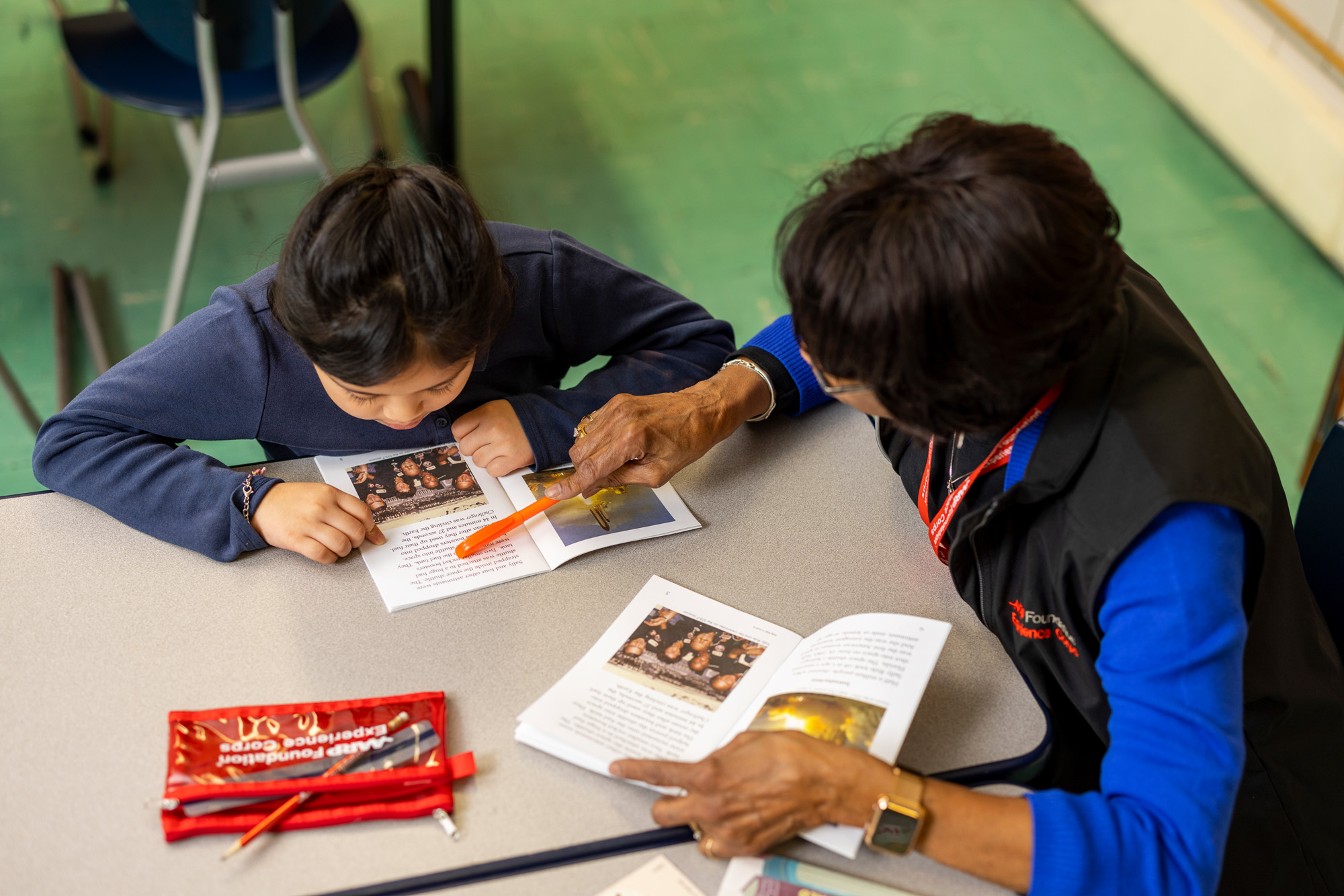Working in pursuit of literacy and justice for all
By Jaime Swygert
SPECIAL TO THE NEWS
I was reading up about the Seneca Falls Convention, where the movement for women's rights began, and thinking about its connection to modern- day issues when I came across the following on Wikipedia.com:
"In the 1840s, women in America were reaching out for greater control of their lives. Husbands and fathers directed the lives of women, and many doors were closed to female participation. Society prohibited women from inheriting property, signing contracts, serving on juries and voting in elections. Women's prospects in employment were dim: they could expect only to gain a very few service-related jobs, and were paid about half of what men were paid for the same work."
While reading, I thought, "Wow, this sounds familiar!" Back then, legal barriers prevented women from doing these things. Today, these laws are different. But low literacy is a barrier that holds people back. A large portion of our population is unable to achieve the American Dream because of a lack of literacy skills. People are reaching out for greater control of their lives, but low literacy is prohibiting millions of Americans from inheriting property, signing contracts, serving on juries and voting in elections. Doors are closed to their participation in society.
Low literacy skills perpetuate a cycle of intergenerational poverty by limiting job opportunities and financial gain. This suppresses the accumulation of wealth, which in turn prevents the inheritance of property for individuals caught in the cycle.
Those with low literacy skills, while legally empowered to sign a contract, are practically unable to do so, or do so without an understanding of the terms to which they are agreeing. This is why we see so many celebrities, artists, professional athletes and entertainers who lack financial literacy skills losing their money as quickly as they earned it. Some are cheated out of their money and some are just unable to manage it. Low literacy is also the reason why so many predatory lenders and other unethical companies set up shop in poor neighborhoods, where residents are undereducated and easily enticed by promises of "quick cash" or immediate delivery of goods or services.
According to a study conducted by the National Center for Education Statistics, seven out of 10 prisoners have low literacy skills, so the connection between low literacy and imprisonment is clear. Convicted felons who do not have their civil rights restored are unable to sit on juries and vote in elections. This connection means that low literacy is preventing millions of people from serving on juries and voting in elections.
Back in 1848, people from all over the country gathered in Seneca Falls to begin a revolutionary struggle for women's rights. Here in Buffalo, people from all over the country will gather on Saturday to begin a revolutionary struggle for the right to literacy for all Americans. This is an issue of vital importance.
How important is it? I think Frederick Douglass put it well. Douglass, a former slave turned abolitionist, women's suffragist, author and reformer who attended the Seneca Falls Convention, wrote about the importance of literacy in his autobiography. In "Narrative of the Life of Frederick Douglass, An American Slave," published in 1845, Douglass talks about the day he heard his master say that "teaching a slave to read would leave him forever unfit to be a slave." Learning, according to Douglass' master, would leave a slave "unhappy and discontented with the life of slavery."
Douglass says that this was the point at which he understood that education was a grand achievement and the path from slavery to freedom. He was a firm believer in the equality of all people, whether black, female, Native American or recent immigrant. He was fond of saying, "I would unite with anybody to do right and with nobody to do wrong." It was in this spirit that he signed the Declaration of Sentiments at the Seneca Falls Convention.
Tracing all the way through history, we find ourselves today still faced with the harsh reality that thousands of individuals in Buffalo and millions of people in the United States have low literacy skills and lack the tools, resources, skills and knowledge to do better. Join Read to Succeed Buffalo and Literacy PowerLine on Saturday in the Hyatt Regency in downtown Buffalo for the National Right to Literacy Convention fashioned after the Seneca Falls Convention.
On that day, we will vote on resolutions, draft and sign a Declaration of the Right to Literacy for All. Please join us as we gather to begin this national movement as Elizabeth Cady Stanton, Lucretia Mott and Douglass did in 1848.
Jaime Swygert is the community outreach/ marketing coordinator for Read to Succeed Buffalo, a coalition of more than 50 local organizations dedicated to promoting literacy efforts in the City of Buffalo. For more information, visit www.ReadtoSucceedBuffalo.org .







